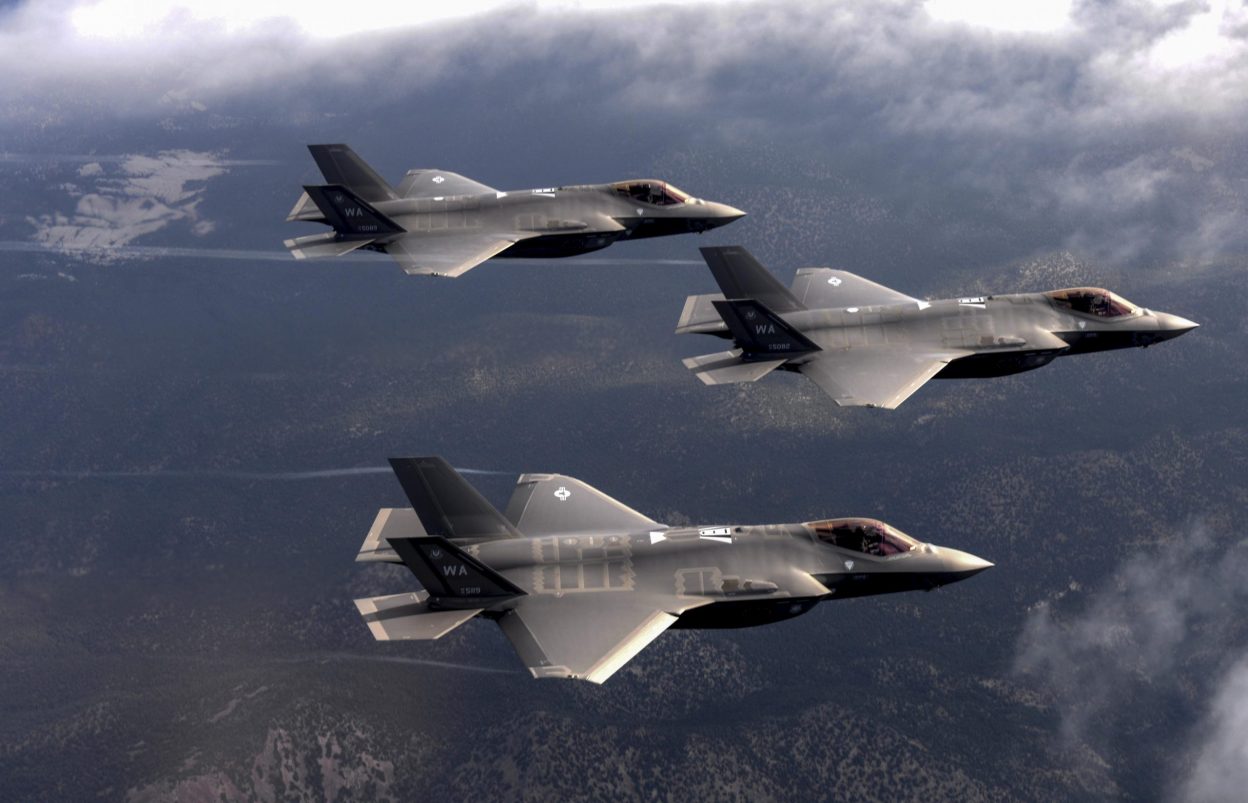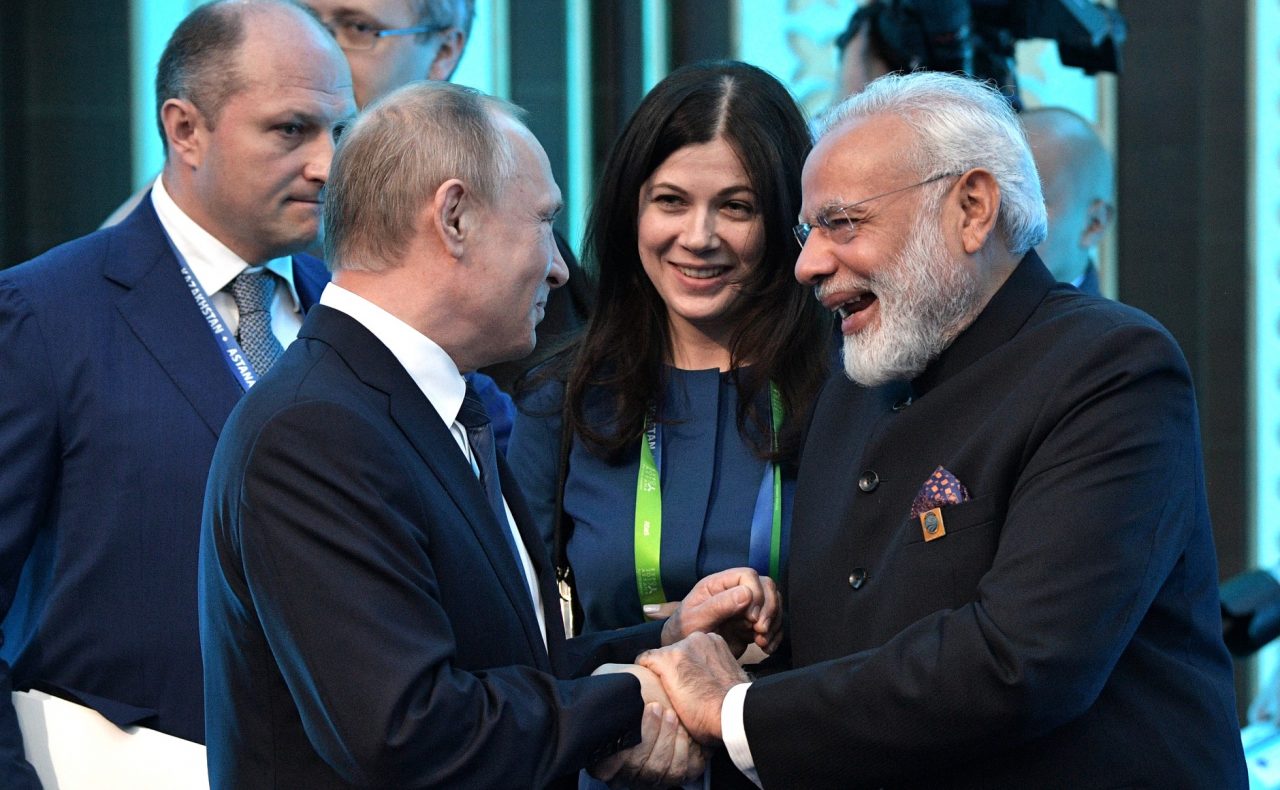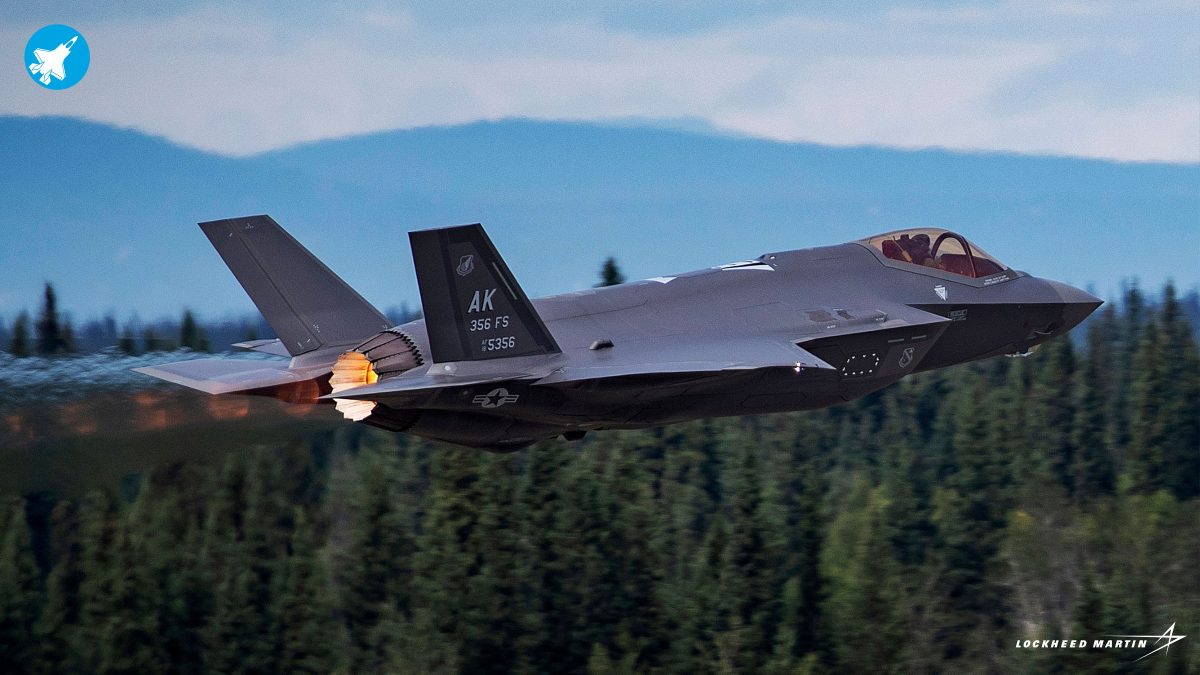UAE’ decision to suspend the purchase of F-35 Joint Strike Fighters is another sign Washington’s allies are trying to reduce their reliance on US military power, which is on the wane due to overstretch in a multipolar world, according to various analysts.
Abu Dhabi earlier this week suspended talks on a $23 billion deal to buy fifty F-35 jets, in addition to drones and advanced munitions. Onerous US restrictions designed to protect against Chinese espionage have reportedly been a major driver of the UAE’s decision.
On Friday, a US administration official told reporters the two sides are still trying to work out concerns related to the deal, including certain requests the UAE asked for during the Trump administration.
Former UK Ambassador to Syria Peter Ford Washington’s hubristic demands such as disabling any capacity the aircraft might have which could potentially harm Israel, gave the UAE good excuses to exit the deal.
The UAE, he added, hates the strings the US wants to attach that would purportedly ensure that “even theoretically” the acquisition would not diminish Israel’s military superiority. “The Emiratis, rich but not stupid, have used this misstep as a pretext to halt the deal,” Ford said.

Moreover, Ford added, the UAE is not willing to pay an inflated price for fighter aircraft when modern warfare is now more about drones, as illustrated in the Iranian attack on a Saudi oil facility in 2019 and Turkey’s use of advanced drones to halt Syrian government advances in Idlib last year.
“If the deal goes ahead at all I would expect the planes to go now for a fire sale price,” the former ambassador said.
Multipolar World
Ford also said the US withdrawal from Afghanistan is another development that has likely helped shift the UAE’s thinking on the F-35 deal.
“The withdrawal has forced all the Gulf states into the realization that making their security wholly dependent on the US is unwise, and that some degree of detente with Iran is a better way of guaranteeing their security than becoming more and more beholden to the US, “Ford said.
Historian and political commentator Dan Lazare thinks the main problem for the United States is “imperial over-extension” – a reality allies like the UAE are starting to fully realize.
The US military, Lazare explained, was theoretically equipped to fight a two-front war on opposite sides of the globe. However, he warned, the US was now facing the prospects of fighting on three fronts: the South China Sea / Taiwan Strait, the Persian Gulf, and in and around the Black Sea.
“US weakness is increasingly apparent and other countries have begun making alternative arrangements in response,” Lazare told Sputnik.
Lazare said India’s agreement to meet with Russia and China and its recent decision to produce 600K AK-203 assault rifles under a Russian license are examples of this phenomenon.

Recent security talks between Russia and Indonesia fell into the same category, as did the emerging Chinese-Iranian military partnership and the new alliance between China and Nicaragua, he said.
“All are examples of small-to-middling countries waking up to the fact that the United States is no longer the only game in town and that they are now free to seek out partners elsewhere,” Lazare said. “Unipolarity is fading in the rearview mirror whether the US likes it or not.”
US tensions with the UAE over F-35s and drones reflected the same general trend. The emirates had, in fact, long pursued a relatively independent policy vis-a-vis the US, Iran, and the Saudis, Lazare recalled.
“Abu Dhabi has thus bucked Washington by backing [President] Bashar al-Assad in Syria and [Marshal] Khalifa Haftar in Libya and by aligning with Russian foreign policy in both nations as well. It has kept a finger in the pie in Yemen and has backed the military coup in Sudan, both of which cause consternation in Washington, “he said.

Negotiations over the F-35 sale would certainly continue for the present, but the UAE statement this week had marked a genuine change in Washington’s standing in the region, Lazare cautioned.
“Undoubtedly, talks will go on as the two sides try to reach a modus vivendi. But the message is clear: Multipolarity has arrived and the Persian Gulf is no longer a US lake,” he concluded.
- Via Sputnik News Agency. Views Personal
- Follow EurAsian Times on Google News




